Our
consortium
POSEIDON is a collaborative EU project that aims to develop tools and methods to help foster the transition from existing districts into Positive Energy Districts (PEDs). As such, our consortium consists of a wide range of NGOs, companies, municipalities, research institutions and universities.
Given that our purpose is to develop a methodology that can pave the way towards the creation of PEDs in the Mediterranean region, all related aspects are significant.
The Mediterranean is a diverse region, with district characteristics varying considerably depending on the city and country. Therefore, POSEIDON focuses on the development of a methodology for Mediterranean cities which, despite their unique characteristics, also share similarities such as climatic characteristics, common social customs and lifestyles.
Our consortium consists of 6 demo sites, 2 universities, 1 start up, 1 company and 1 association. Read more on them below:
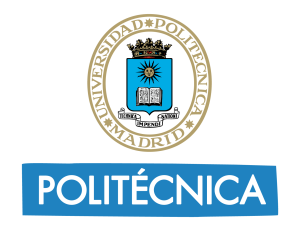
Universidad Politécnica de Madrid (UPM)
The research community TULE is a multidisciplinary and interdisciplinary team from the UPM, focusing on addressing the challenge of the urban transition towards more sustainable and resilient models.
This working group has a consolidated experience in promoting energy transition in cities and urban regeneration through four main lines of research: optimizing the energy performance of new and refurbished buildings, generating distributed renewable energy, promoting the energy transition of existing neighborhoods through PED and finally NBS for reducing the heat island, improving air quality and water cycle management.

Demir Enerji (DEM)
DEM has been active in the “sustainability consultancy” sector in Turkey and Europe since 2011, working with its clients to achieve sustainability goals by providing solutions on climate change strategies, carbon management and decarbonisation, efficient and sustainable use of renewable energy, sustainable building design and certification, energy efficiency and energy management. DEM is also one of the most active entities in Turkey in terms of participation in EU Framework Programmes, collaborating in 9 projects. Thanks to its extensive experience in European projects and specifically within MAKING CITY, DEM’s multidisciplinary team will develop the MCDA of the methodology.
One of the strengths of DEM‘s approach is its close collaboration with local stakeholders and especially the academic expertise when undertaking projects.
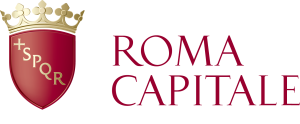
Università degli Studi Roma (RM3)
RM3 represents a central point of reference in the academic scenario at both local and national level thanks to its quality teaching and research programmes. RM3 is involved, either as coordinator and partner, in around 81 EU research projects. The research activity of the Department of Architecture is focused on various topics of sustainability in architecture and in the city, thanks to a multidisciplinary group and synergetic approach including different scientific sectors i.e., technology, physics, economy, engineering and urban planning among others.
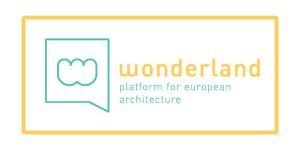
Wonderland (WON)
WON is an independent NGO established in 2004 in Vienna, which provides communication and exchange between European practitioners, who deal with space creation, distribution, or improvement. The team and network consist of architects and urban planners. The network conducts research, realizes co creation workshops, publishes findings and results, organizes public screenings, discussions, exhibitions, and other events to involve non-professionals and stimulate the discourse. The association has members in most European countries, as well as collaboration partners. The network supports emerging professionals. The core team for the POSEIDON project is represented on the board of wonderland, with the focus is on interdisciplinary applied research, creation of knowledge material for exchange and participative planning and development concepts. Key areas of activities are co-creation and knowledge transfer, through films, events, exhibitions, publications, and lectures.

ImpactE
ImpactE is a start up from Valencia, Spain, that facilitates decision-making for municipalities. Belong its activity, ImpactE develops web tools, energy simulation models and optimisation algorithms. ImpactE’s goal is on the one hand to help urban planners to achieve a socially-fair energy transition, and on the other hand to empower citizens. The team is composed of 15 people, 4 of whom are pursuing a PhD in urban energy topics. ImpactE works with more than 50 municipalities in Spain, so the team understands the needs, concerns and work methods of these organizations.
Our
municipalities
POSEIDON collaborates with the following municipalities as lighthouses or observers. They will also function as the sites where our POSEIDON Labs will be launched and tested.
Marseilles
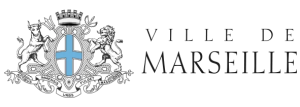
Marseille is a city in the south of France and the second largest French city with a total of 930,393 inhabitants. The city is currently seeking to be one of the pioneering cities in climate neutrality and in the energy transition, sustainable and inclusive of the Mediterranean. In this framework, the MM is part of the 112 Climate-Neutral and Smart Cities by 2030 and has several projects of newly built neighbourhoods with climate-neutral milestones.
ROME

Rome is the capital city of Italy, but it is also the capital of the Lazio region and the centre of the Metropolitan City of Rome. Rome is the country’s most populated city. The PON Metro program is a unitary national operational program of interventions for sustainable urban development. Indeed, the Rome municipality is now taking steps for the solutions, such as the planning and the implementation of PEDs.
Alcorcón
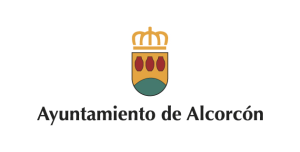
The municipality of Alcorcón belongs to the metropolitan area of Madrid, as it is only 14 km away from it and has 170,296 inhabitants. The municipality is currently promoting valuable policies for the energy and sustainable transition of the city. Alcorcon promotes the energy communities model by organizing information days and regular update meetings on sustainability developments through open dialogue meetings between the administration and citizens called “Energy roundtables”.
Cascais - EMAC

Cascais is located in the Lisbon Metropolitan Region with a territorial area of 97 km2 of which, one third is Protected Landscape, including a part of the 30km coastline. The 206,000 inhabitants share the natural resources with over half a million tourists that visit the municipality every year. Despite its natural landscape,Cascais is mostly urban with different urban centres along the coast in a continuous urbansprawl. In POSEIDON the municipality of Cascais will work together with the municipal company EMAC, which is in charge of the environmental management of the municipality.
Antalya
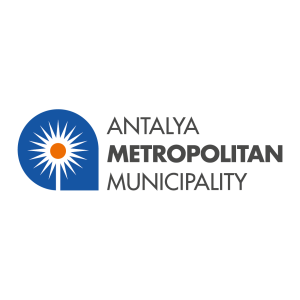
The Antalya Metropolitan Municipality became a metropolitan municipality in 1993. The municipality is a local government with a wide range of authorities and duties including infrastructure, construction,transportation, environment, development and planning, health, social services. etc. Antalya is considered to be the tourism capital of Türkiye. With a significant coastline and sprawling city center, the city has been committed to sustainability for years, and acts as demo-site for several European projects. These experiences will facilitate data collection, scenario definition and help identify possible barriers.
Cesena
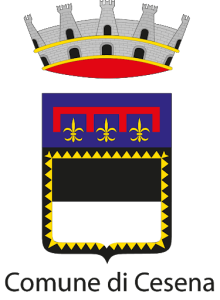
The municipality of Cesena, located in the Emilia-Romagna region (Italy), is home to almost 100,000 inhabitants living in a born-and-bred urban area intertwined with the hilly and agricultural landscape along the Savio river, together with the dense network of green infrastructures represented by more than 400 green areas. The development of integrated and sustainable urban practices is pursued actively by the municipality.
